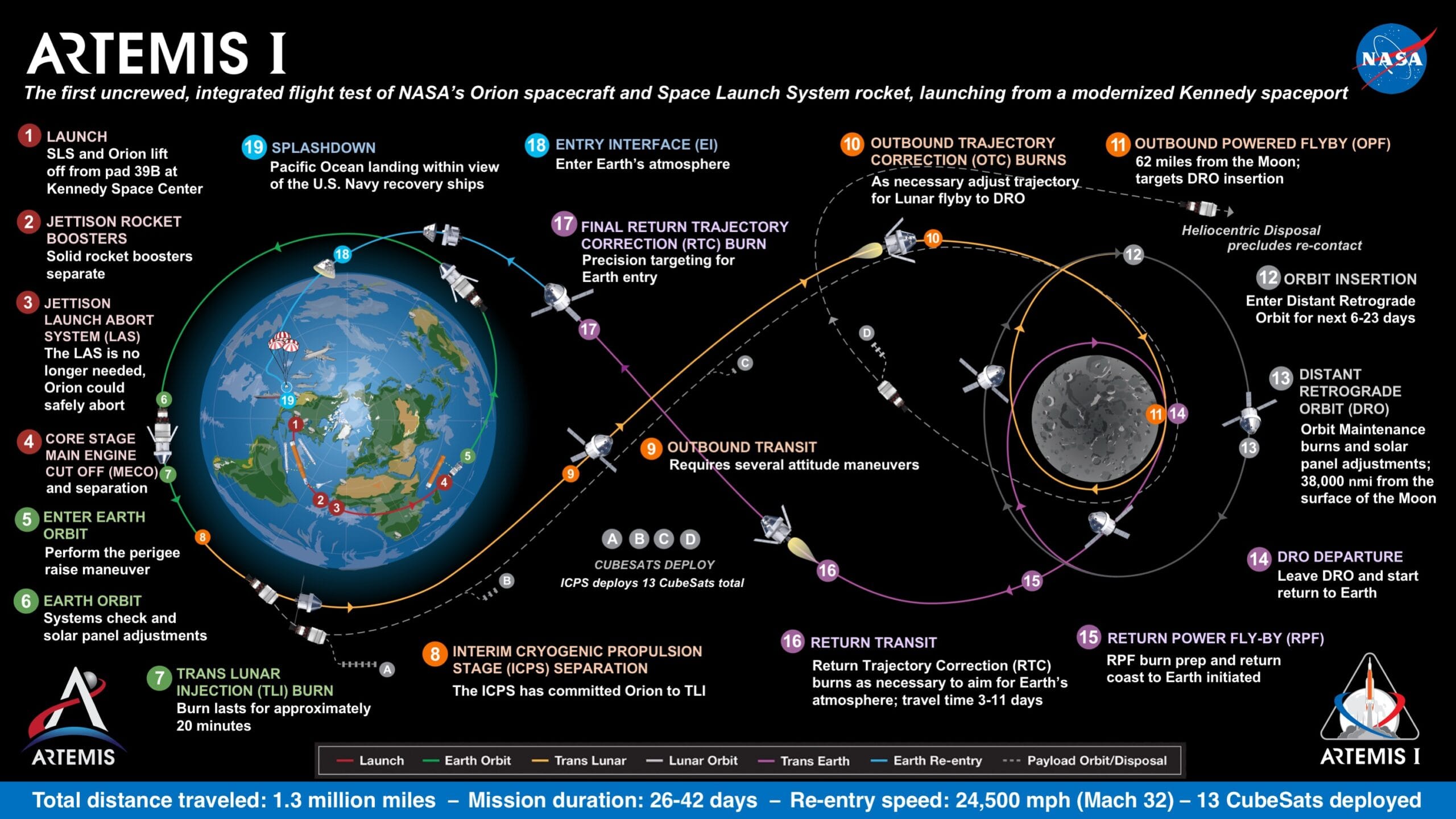The study of human prehistory has long been a field of intrigue, with researchers continuously piecing together the lifestyles and habits of our ancient ancestors. Recent archaeological discoveries have sparked a significant shift in this understanding, suggesting that early humans may have predominantly followed a vegetarian diet. This revelation is based on a combination of fossil evidence, isotopic analysis, and the examination of ancient tools, which together paint a new picture of the dietary practices of our forebears.
Archaeologists have unearthed a wealth of information from various sites around the world, revealing that the diets of early hominins were likely more plant-based than previously thought. For instance, studies conducted on dental calculus, the hardened plaque found on teeth, have shown traces of plant materials, including seeds and fibers, indicating that these early humans consumed a variety of vegetation. This evidence challenges the long-held belief that our ancestors were primarily carnivorous or omnivorous, relying heavily on meat for sustenance.
Isotopic analysis of ancient bones has also provided crucial insights into the diets of early humans. By examining the ratios of carbon and nitrogen isotopes in the remains, researchers can infer the types of food consumed. Recent findings suggest that many early hominins had a diet rich in C3 plants, which include trees and shrubs, rather than C4 plants, which are typically associated with grasses and grains. This distinction is significant, as it indicates a preference for a diet that was more aligned with a herbivorous lifestyle.
The implications of these findings extend beyond mere dietary preferences. Understanding the eating habits of our ancestors can shed light on their social structures, migration patterns, and even their interactions with the environment. A primarily vegetarian diet may have influenced the development of tools and cooking methods, as early humans adapted to process and consume a variety of plant materials. This adaptation could have played a crucial role in the evolution of human culture and society.
Moreover, the shift towards a plant-based diet may have had significant health implications for early humans. A diet rich in fruits, vegetables, and nuts is associated with numerous health benefits, including reduced risks of chronic diseases. If our ancestors primarily consumed such foods, it raises questions about the health and longevity of early human populations. This aspect of the research could lead to further investigations into the relationship between diet and health in prehistoric times.
The discovery of a predominantly vegetarian diet among early humans also invites a reevaluation of the timeline of human evolution. Traditionally, the development of hunting tools and the consumption of meat have been viewed as pivotal moments in our evolutionary history. However, if early humans were primarily herbivorous, it suggests that the transition to a more omnivorous diet may have occurred later than previously believed. This shift could have been driven by environmental changes, competition for resources, or the need for increased caloric intake as human populations grew.
As researchers continue to explore the dietary habits of our ancestors, it is essential to consider the broader context of their lives. The environment in which early humans lived played a significant role in shaping their diets. Climate changes, availability of resources, and geographical factors would have influenced the types of food that were accessible. Understanding these dynamics can provide a more comprehensive view of how early humans adapted to their surroundings and how their diets evolved over time.
In conclusion, the recent archaeological findings suggesting that our ancient ancestors were primarily vegetarian represent a significant shift in our understanding of human prehistory. This evidence, derived from dental analysis, isotopic studies, and the examination of ancient tools, challenges long-standing beliefs about the dietary habits of early humans. As researchers continue to investigate this topic, the implications of these findings could reshape our understanding of human evolution, health, and the intricate relationship between diet and environment.


